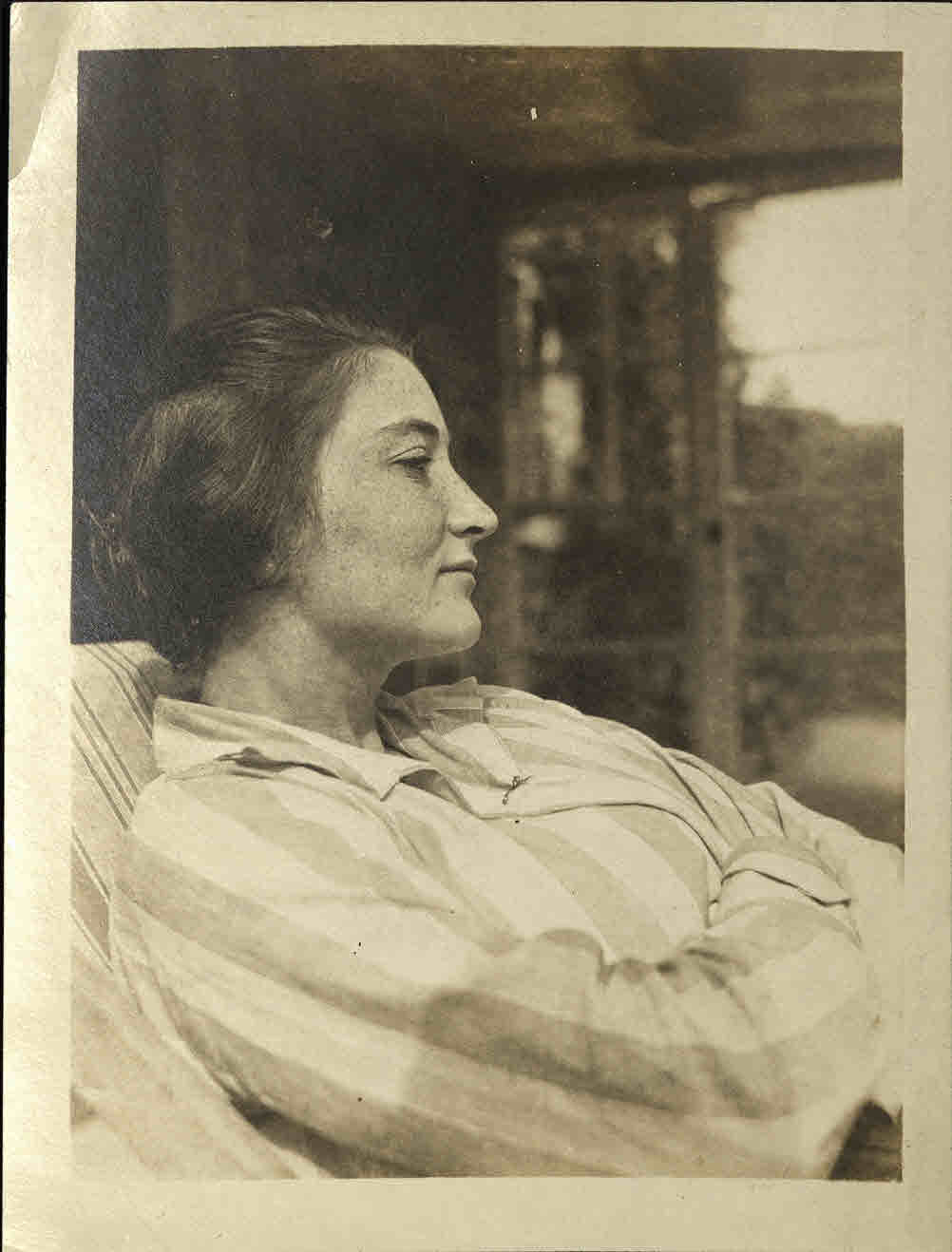News
Our news feed contains information about new resources, newly catalogued or acquired archive collections, current and upcoming projects and events, and service developments.
Information about past work at the Modern Records Centre is included in our annual reports and information bulletins (available online from 1996/7 to 2016/7). Recordings of several past events are also available - the student-led Open Education Series, 2014-2016, and the schools project Archives Alive, 2016.
Coal Not Dole: The 1984/5 Miners' Strike 40 years on
New collection of digitised sources online to mark the 40th anniversary of the 1984/5 Miners' Strike.
Young Women's Christian Association magazines online!
The Young Women's Christian Association (YWCA) grew out of 'missions' to help working women founded in the 1850s. As the name of the organisation suggests, there was a strong religious grounding to much of the YWCA's welfare work, but the organisation was also involved in campaigns relating to education, physical wellbeing and other social issues.
The Modern Records Centre has a large but incomplete series of magazines and journals published by the YWCA between 1884-1970. Editions of the journals for 1884, 1887, 1892-1898, 1900, 1906-1920, have been digitised and are available to read through our online catalogue.
The journals include a mix of religious study and advice, serialised stories (often melodramatic), news of YWCA work at home and abroad (including missionary work), and articles on a range of social and political issues relating to women, including employment, education, fashion, suffrage and the First World War.

New digitised collection!
We're finally ready to share our lockdown digitisation project with you!
Dame Eileen Younghusband (1902-1981) was a key figure in the development of social work during the 20th century. Her archives are held at the Modern Records Centre and include a wealth of sources relating to both her professional and personal life.
Eileen Younghusband’s diaries, written between 1917-1930, cover a transitional period in her life, beginning with her wartime childhood in an upper middle class home at Wimbledon and ending as she started her career as a tutor at the London School of Economics. They cover her ambivalent relationship with post-war ‘High Society’, growing interest in politics and issues of social justice, first steps towards social work (through the Whitechapel Care Committee and Bermondsey Princess Club) and education at the LSE, as well as the routine of daily life (particularly with regard to shopping, socialising and travelling).
All twenty two volumes of the diaries have been digitised and transcribed in full. A selection of other sources, including photograph albums from the First World War and immediate post-First World War period, have also been digitised.

